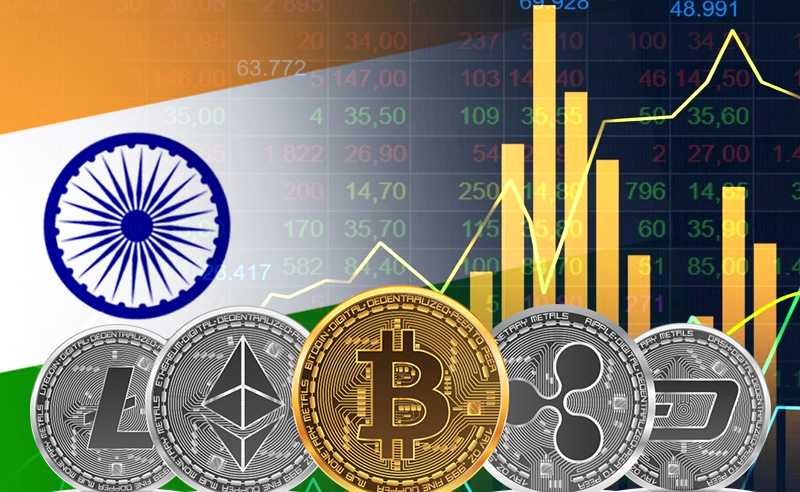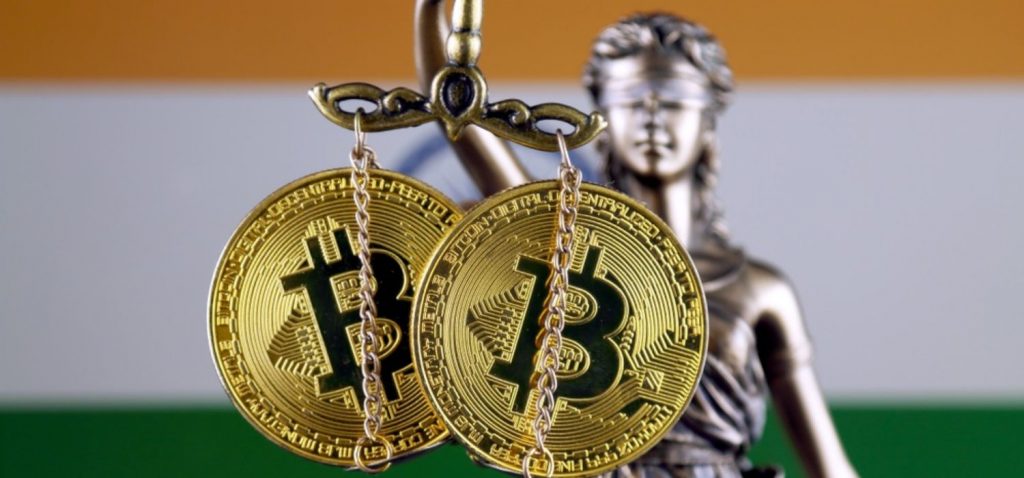Table of Contents
Bitcoin or cryptocurrency had left none of the corners of the world untouched from its impact. Blockchain-based digital currency or Bitcoin has the potential to influence the citizens, whether living in developed or developing nations. The transaction involving Bitcoins does not involve a central authority or intermediary with minimal transaction fees while transacting even across the nations. Also, cryptographic techniques (sort of encryption) deployed in the Bitcoin payment system confirm the security of transactions reaching directly from the sender’s wallet to the receiver’s wallet. Recently, after analyzing the potential benefits and impact of Bitcoin on economy (expected!) of this totally new concept of digital currency (invented in 2009 but popularised in 2017), Indian Supreme Court passed the landmark decision related to the crypto industry.

On March 4, 2020, the Supreme Court of India lifted up the blanket ban put by the Reserve Bank of India in 2018 on the crypto industry or crypto trading (the Act of Parliament is still awaited). Opening up the crypto industry and impact of Bitcoin on the economy of India would be interesting to watch in the coming years. Internet and Mobile Association of India (who fought for lifting up the ban against the Reserve Bank of India) looking forward to the constructive framework for the cryptocurrency market place in India and the effect of Bitcoin on economy. In this article, let us give our attempt to understand the needs and potential benefits of Bitcoin in India.
Challenges Of Indian Economy
India is currently standing with a growth rate of almost 6% and the expected GDP of 3 trillion until the end of 2020. With the aim to achieve the 5 trillion economies by 2020, the Indian government must take some innovative steps to gear up the economy. One of the decisions of the Supreme Court of India which declared the blanket ban on crypto trading as unconstitutional is a smart move in the direction to boost up the economy. The crypto trading or Bitcoin industry has the capacity to provide the solutions for the following challenges faced by India:
- Regular cases of stealing the money, the currency lost before exchanging the hands, cumbersome exercise of reaching the branches of the bank and depositing the extra cash to bank accounts, and many more cases associated with carrying “physical cash” need to be revamped.
- Price Inflation due to the international turmoil, political and economical conditions of the country is one of the major issues for the Indian community which is already having limited purchasing power.
- Even after the regular efforts to open the bank accounts of every citizen living in the country, the breakthrough success of Jan Dhan Yojna, a major population of Indian rural areas is still unbanked. Lack of banking infrastructure, short of documents of identification and permanent address and other information, keep the major population of India deprived of banking services.
- Remittances coming to India from all across the world made up the larger part of the Indian economy. But the transaction fees or conversion rates involved during the transaction proves to be the notable headache for both receivers and senders.
- The inflow of funds or Foreign Institutional Investments in any country is the result of the innovative projects or startups being set up in the country. India needs to revamp the industrial sector to attract foreign investors.
- The demographic dividend is one of the strengths of India which can accelerate the growth of the economy. But, the limited employment opportunities may prove to be the bone of contention in the growth of the economy and can also lead to a brain drain of professionals.
Thus, Bitcoin can prove to be complementary to fiat currency and the effect of Bitcoin on the economy can aid in overcoming the challenges faced by the Indian subcontinent.
Expected Impact Of Bitcoin On Economy Of India

Bitcoin with its strikethrough advantages is expected to impact the economy of India in the following ways if crypto trading is allowed or legalized in a proper regulatory environment.
- Bitcoin is a contactless mode of payment which neither mandates you to fill up the briefcases nor to stand in that queue of banks to deposit your cash or cheque. With the help of mobile or laptop with the accessibility of the internet, you can transfer the money in a few minutes across any state and can store the coins in reliable crypto wallets.
- The decentralized model on distributed ledger networks is followed by Bitcoin. When the coins are being transferred between two persons, no central authority is needed to back or manage it. Thereby, prices of Bitcoin are not supposed to be affected by the external political, economical, and social conditions. Hence, non-inflationary in nature.
- Convenient to the unbanked population if the effort is put on to strengthen the digital networks and providing internet access and providing digital education. The benefits of subsidies can be enjoyed by the population not having the bank account.
- Borderless payment system of Bitcoin is already attracting the community living outside their country. If the Bitcoin transfer would be legalized, one can send the money easily to their loved ones without paying the huge transaction fees.
- Bitcoin is based on blockchain technology which is a relatively new concept to boost the technological era in any country. If India would allow the startups to explore the opportunities in the cryptocurrency, then it will not only boost up the employment rate but also the inflow of foreign investments. Some of the companies like Binance, ZPX, and many more crypto giants have already taken interest in the Indian economy after the decision of the Indian Supreme Court came out.
Thus, Bitcoin has to cross several hurdles to become a part of the Indian economy. Legalizing the Bitcoin at this stage revamping the sector of digitalization in India, might be harder to achieve. But the bill which is expected to be tabled in the Parliament must be made considering the benefits and impacts of Bitcoin on the economy of India. The Indian subcontinent must focus on creating the regulatory environment for crypto space which can facilitate the new businesses, crypto exchanges, startups associated with products and services related to Bitcoin, and can also open the floodgates for enthusiastic coders.

